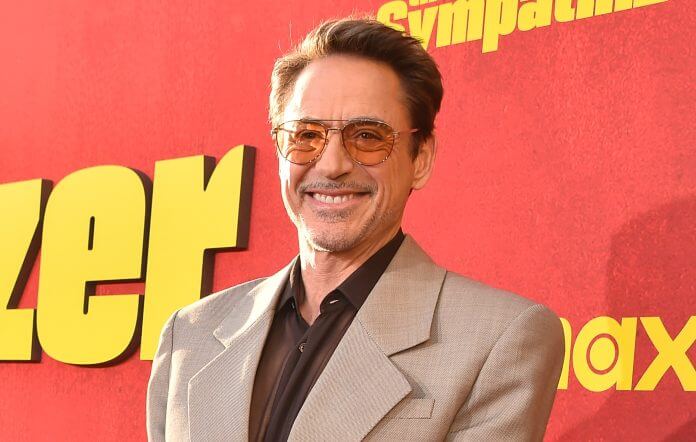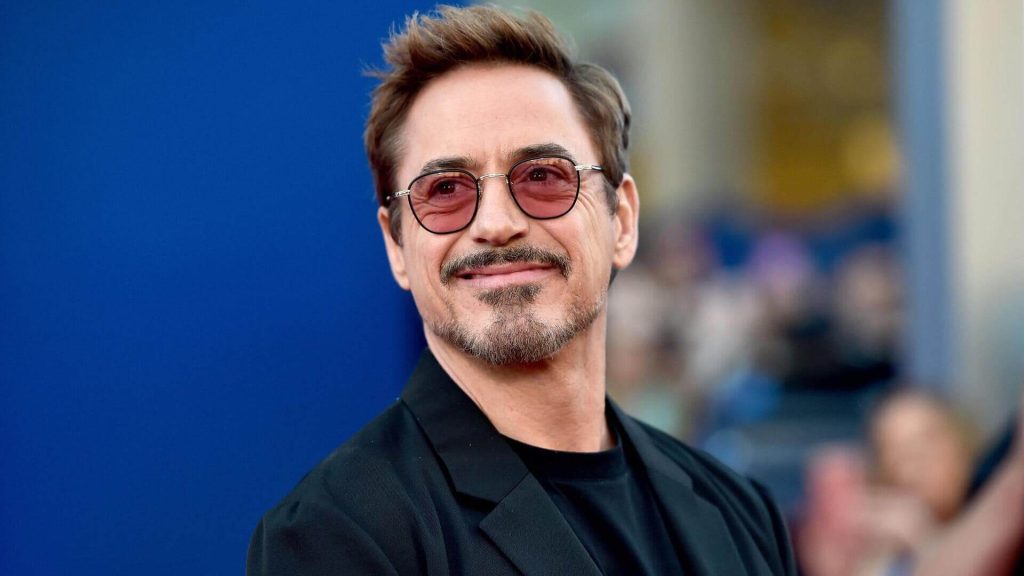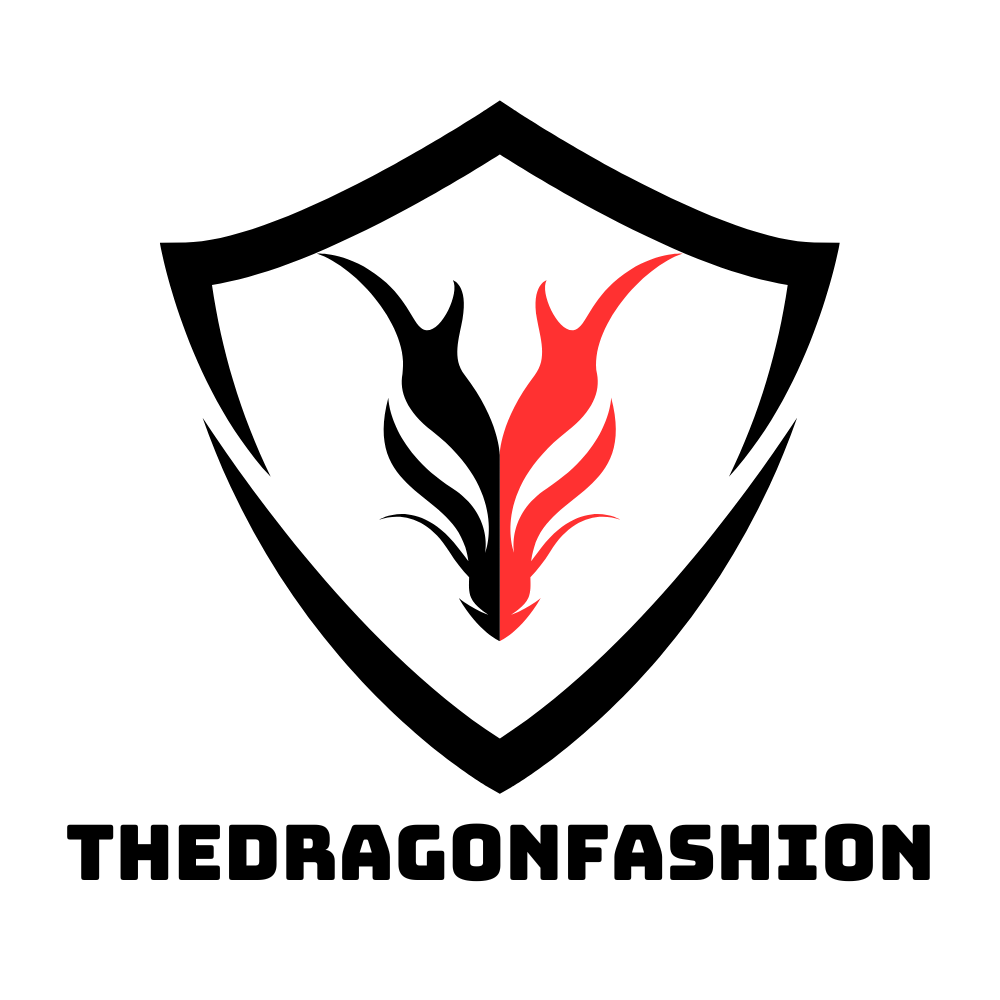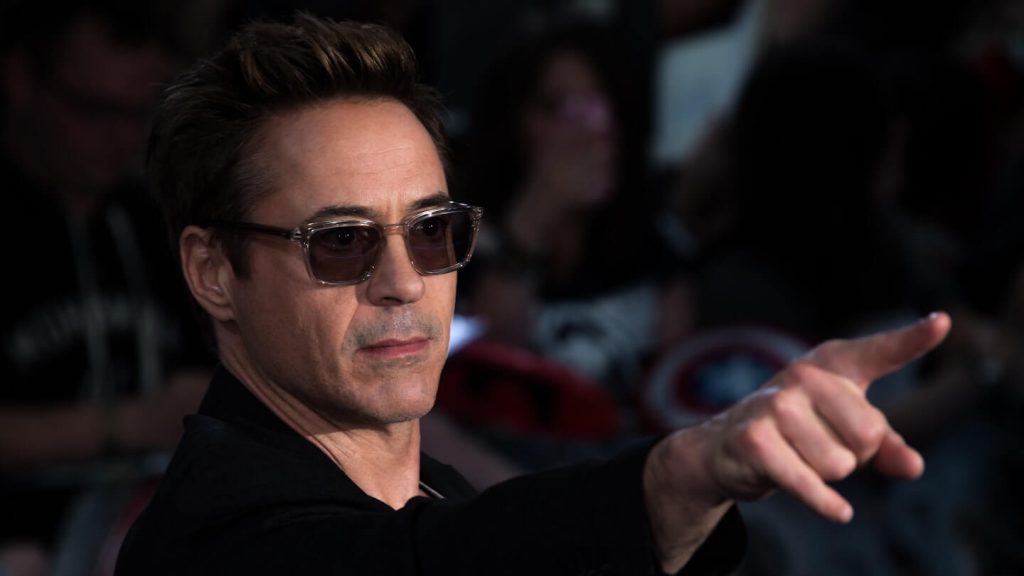World News
Robert Downey Jr. on AI, Legacy, and the Marvel Cinematic Universe
Introduction to Robert Downey Jr.’s Views on AI and Hollywood
Robert Downey Jr., widely known as Iron Man in the Marvel Cinematic Universe (MCU), recently addressed his concerns surrounding AI and its potential in Hollywood. During a podcast with journalist Kara Swisher, Downey expressed confidence that Marvel would not misuse AI to recreate his likeness without permission. This perspective taps into broader debates about AI’s ethical use and actors’ rights to their digital selves. Downey’s remarks offer insight into Hollywood’s grappling with technological advances in storytelling, especially when it comes to legacy characters and actors’ rights.

Hollywood’s Ethical Dilemma: The Case of Digital Actors
AI’s role in creating digital replicas of actors poses ethical questions. In recent years, studios have used AI to de-age or posthumously recreate actors, prompting discussions about ownership and consent in digital spaces. Downey, while confident in Marvel’s respect for his legacy, voiced concerns about potential exploitation of actors’ images by future executives. His stance reflects a broader movement in the industry, where actors and writers advocate for AI regulations, notably highlighted during the recent Hollywood strikes, which included demands for protections against unauthorized AI use.
Robert Downey Jr. and His Evolving Relationship with Marvel
Downey’s legacy in the MCU has left an indelible mark on the franchise, making his recent statements all the more significant. He humorously asserted his trust in Marvel, suggesting that a handful of key decision-makers would never “hijack” his character. However, Downey’s potential return to Marvel as Doctor Doom in upcoming films like Avengers: Doomsday adds a new layer to his relationship with the studio, where he now transitions from hero to villain. His shift suggests his willingness to experiment within the MCU’s evolving narrative, while still considering the ethical implications of AI.

Industry Perspectives: AI, Legal Rights, and Actor Protections
Downey’s humor in discussing the future legal actions that his team might take against unauthorized digital uses of his image underscores real issues actors face in protecting their digital likeness. Industry guilds are increasingly negotiating clauses that safeguard actors’ rights against unwanted digital replications, anticipating future technological advancements. Downey’s remarks indicate his proactive approach to ensuring his legacy is protected, while also acknowledging the need for ongoing legal advancements to keep pace with technology in entertainment.
Conclusion: Downey’s Legacy and the Future of Digital Storytelling
Robert Downey Jr.’s outlook on AI and Hollywood encapsulates a significant shift in the entertainment landscape, as actors, studios, and audiences navigate digital boundaries. His trust in Marvel to respect his image speaks to the unique partnership he’s built with the studio, while his warnings highlight the complexities facing modern actors. Downey’s stance on AI points toward an entertainment future where digital legacy, consent, and creative agency intersect, establishing standards for an evolving digital Hollywood.
From thedragonfashion


